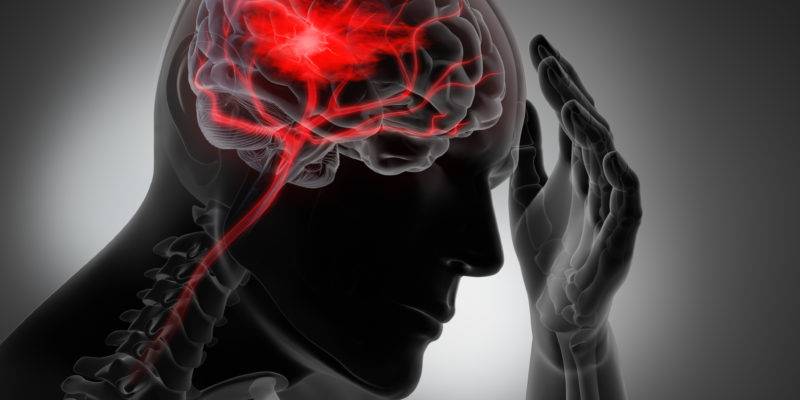If you have seizures or are the parent of a child who has seizures, then…

Epilepsy and TBI: What You Need to Know
Epilepsy is a complex disorder. While doctors do now know all of the causes of epilepsy, we do know that there is a link between traumatic brain injury (TBI) and developing epilepsy.
A TBI is when someone experiences a bump, jolt, blow, or penetrating injury to the head. People can get TBIs in a variety of ways. They may be (or appear) mild or they can be immediately life-threatening. Whether they are minor or severe, they can cause short-term and long-term complications. Some of those complications include problems with vision, problems with balance, emotional lability (easily changing emotions or emotions that do not fit the circumstances), memory problems, confusion, and sleep problems.
TBIs can also cause people to develop seizures or epilepsy. A seizure refers to the event, while epilepsy refers to a person who has repeated seizures. TBIs can lead to seizure or epilepsy. Generally, a person must have two or more seizures for an epilepsy diagnosis.
When do TBIs cause seizures? It depends. Some people may have seizures right after having a TBI. For other people, seizures may not appear for years after the injury. While any TBI can cause seizures, the more severe the TBI, the greater the chance of developing epilepsy. Approximately 10% of people who have a TBI will develop epilepsy in the three years after the injury.
Who is at risk for complications from a TBI? Anyone that has a TBI. However, lack of access to immediate care seems to impact the likelihood of long-term complications. The groups that are at the highest risk include people in rural areas, racial and ethnic minorities, service members and veterans, domestic violence victims, inmates, and homeless people. These groups are also less likely to receive timely medical care or state-of-the-art treatment.
Obviously, that means that getting the right medical care after a TBI is important. If someone has an injury to the head, even if it seems minor, get medical care to exclude any serious problems. Also watch out for a seizure. While some seizures cause dramatic physical actions, others are much more difficult to detect. If you or someone you know has had a TBI, learn about all of the signs of seizures and the correct first aid for them, so you can be on the lookout for them to occur. If they do, let the treating doctors know immediately.



